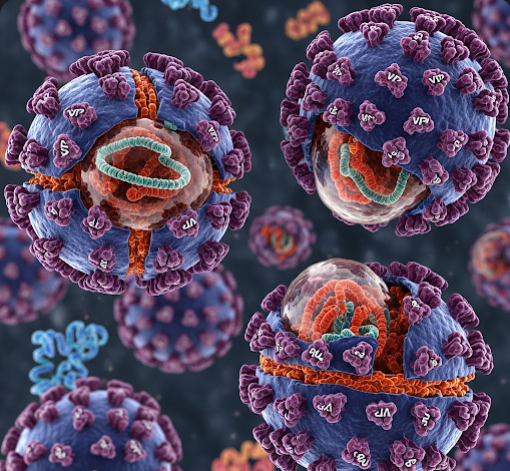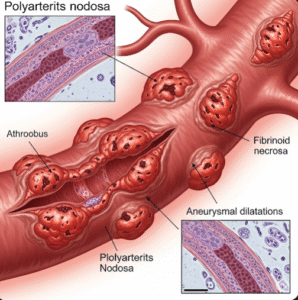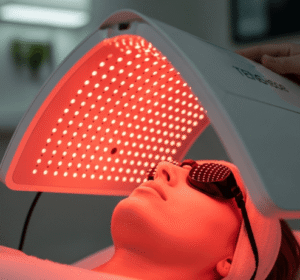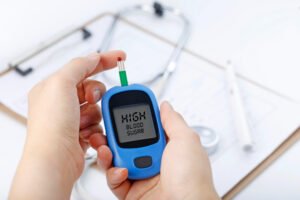Overview
Rotavirus infection is a highly contagious viral illness that primarily affects infants and young children, causing severe diarrhea and dehydration worldwide. It is a leading cause of acute gastroenteritis in children under five years old. Although vaccines have significantly reduced rotavirus cases globally, infection remains a concern, especially in settings with limited sanitation.
What is Rotavirus Infection?
Rotavirus infection is caused by rotavirus, a double-stranded RNA virus that infects the cells lining the small intestine. The virus damages the intestinal lining, leading to diarrhea, vomiting, fever, and dehydration. The infection spreads easily through the fecal-oral route, often via contaminated hands, surfaces, food, or water.
Symptoms
Common symptoms typically appear 1-3 days after exposure and include:
- Severe watery diarrhea lasting 3 to 8 days
- Vomiting
- Fever
- Abdominal pain and cramps
- Dehydration signs such as dry mouth, decreased urine output, and lethargy
Causes
Rotavirus infection is caused by ingestion of rotavirus particles, transmitted primarily through:
- Fecal-oral route due to poor hygiene
- Contaminated food or water
- Contact with infected persons or contaminated surfaces
Risk Factors
Risk factors include:
- Age under 5 years, especially infants 6 to 24 months old
- Lack of rotavirus vaccination
- Living in crowded or unsanitary environments
- Attending daycare or preschool
- Weakened immune system
Complications
Major complications of rotavirus infection are related to dehydration, such as:
- Severe dehydration requiring hospitalization
- Electrolyte imbalances
- Kidney failure in extreme cases
- Secondary bacterial infections due to compromised gut barrier
Prevention
Prevention strategies include:
- Routine rotavirus vaccination according to national immunization schedules
- Frequent handwashing with soap and water
- Proper sanitation and safe drinking water
- Disinfecting contaminated surfaces and objects
- Breastfeeding infants to boost immunity
Treatment Options in Korea
Treatment focuses on supportive care and preventing dehydration, with advanced pediatric healthcare available across Korea.
1. Oral Rehydration Therapy (ORT) – Use of oral rehydration salts to replace lost fluids and electrolytes is the mainstay of treatment.
2. Intravenous Fluids – Administered in hospitals for severe dehydration or when oral intake is insufficient.
3. Nutritional Support – Continued feeding with age-appropriate diet, including breastfeeding, is encouraged.
4. Antipyretics – Medications like acetaminophen help reduce fever and discomfort.
5. Hospital Care – Korean pediatric hospitals provide comprehensive care including monitoring, IV fluids, and management of complications.
6. Vaccination Programs – Korea includes rotavirus vaccination in national immunization efforts to reduce disease burden.
7. Leading Pediatric Centers for Rotavirus Infection in Korea
- Seoul National University Children’s Hospital
- Samsung Medical Center – Pediatric Department
- Asan Medical Center – Pediatric Infectious Disease Unit
- Severance Hospital – Pediatric Clinic













